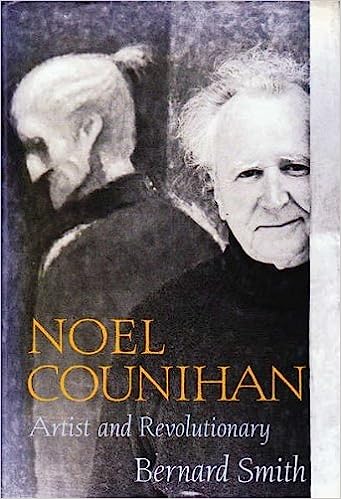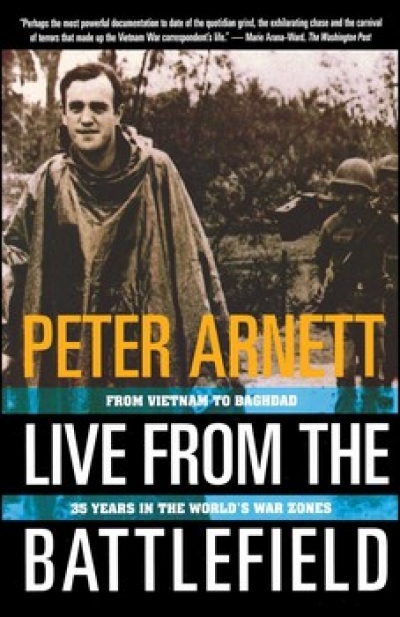Archive
Film | Theatre | Art | Opera | Music | Television | Festivals
Welcome to ABR Arts, home to some of Australia's best arts journalism. We review film, theatre, opera, music, television, art exhibitions – and more. To read ABR Arts articles in full, subscribe to ABR or take out an ABR Arts subscription. Both packages give full access to our arts reviews the moment they are published online and to our extensive arts archive.
Meanwhile, the ABR Arts e-newsletter, published every second Tuesday, will keep you up-to-date as to our recent arts reviews.
Recent reviews
Despite the protestations of my close friends I choose to regard myself as a normal person. Only at certain times of the year do I realise how tenuous are my links with the mundane world.
One of these troublesome occasions is when I prepare my income tax form.
... (read more)Live from the Battlefield: From Vietnam to Baghdad, 35 Years in the World's War Zone by Peter Arnett
In October 1993 I picked up a copy of Window, the ‘Weekly Hong Kong Newsmagazine with Exclusive Coverage of China’ and found in the Business and Finance section a Profile, ‘Bob Hawke’s Eagle Eye in Asia’. There was a photograph of the Eagle, who described himself as a ‘business commentator and facilitator of increased enmeshment in Asia’. This was certainly a confident label. Reading on I discovered that Hawke saw himself as ‘overwhelmingly responsible for the vision of Australia as part of Asia’. He told the reporter than in his first days as Prime Minister he had used the phrase, ‘our future lies in enmeshment with Asia’, a sentiment that was at first greeted sceptically, but now, Hawke claimed, ‘no one questions the wisdom and correctness of Hawke’s vision. No one.’ Emphatic stuff, claiming sole credit for long term shifts in opinion and cultural practice, while dismissing the doubters. If that was all there was to my theme, this would be a very brief history indeed.
... (read more)






